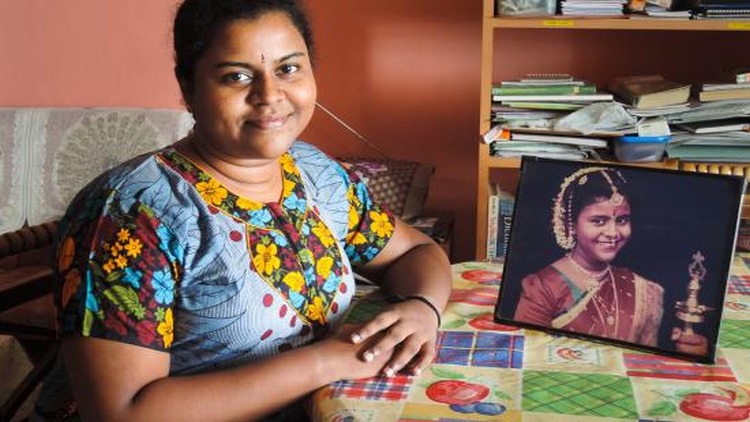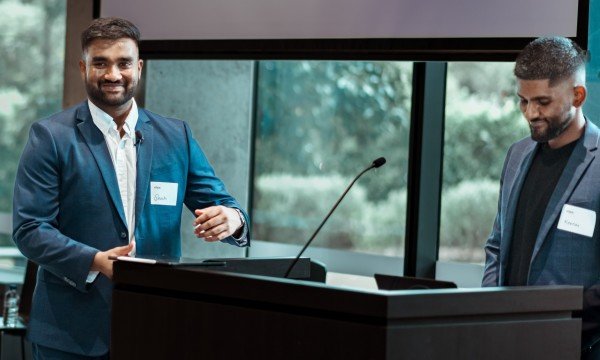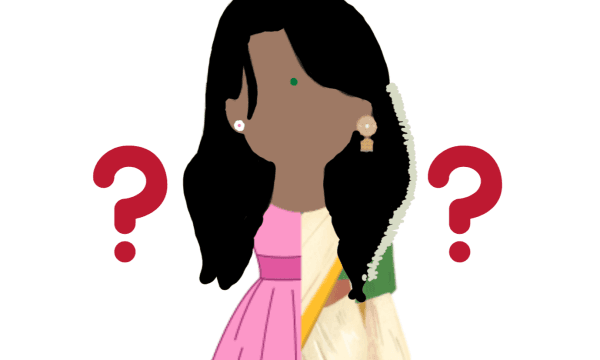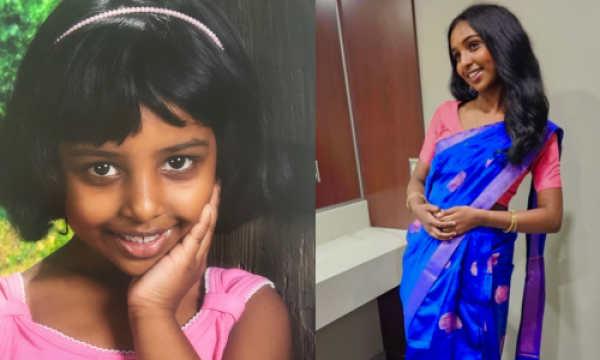
“I don’t agree on giving a dowry,” Thevathas says, her eyes lighting up with anger. “It’s a crime. I would appreciate and respect a man who is bold enough to say no to dowry.”
Thevathas’ role model is her father, who bucked tradition by not asking for a dowry when he married her mother in 1973.
“What I need is a compatible partner, someone who will accept me as I am rather than look for a deal behind it,” Thevathas says.
Young people in Sri Lanka’s Tamil communities, while still honoring traditions such as arranged marriage, nowadays observe those traditions according to their own standards.
“My mother has always been looking out for suitors, and I have given her the liberty to do so,” Thevathas says. “But the deciding factor will remain with me.”
Traditionally, Sinhalese and Tamil communities in Sri Lanka send brides into marriage with dowries – gifts and cash for their in-laws. But an increasing number of young Tamil women in Sri Lanka, especially those living in Colombo, the country’s capital, are rejecting the presentation of dowries. These women seek equality with their mates and believe dowries turn marriage into an economic exchange.
Older members of these conservative communities defend the custom, saying a dowry gives a young couple a secure financial base on which to build a life together. In addition, dowries bring brides’ families social acceptance and even prestige.
New perspectives on dowries arose during and after Sri Lanka’s nearly three-decade-long civil war, during which the Sri Lankan government battled armed rebel groups. By the time the conflict ended in May 2009, the country’s younger Tamil generations were reconsidering traditions that had been sacrosanct before the war. Other ethnic groups in Sri Lanka began easing away from conservative practices decades ago, but the war ushered in a new cultural era for Tamils.
“The younger generation feel empowered, and they see a bigger perspective in the world outside,” says Danesh Jayatilaka, a research fellow at the International Center for Ethnic Studies in Colombo. “The older generation preserve culture through being conservative.”
In seeking potential marriage partners, some young people are less reliant on their families than previous generations, Jayatilaka says.
“The freedom of using technology, the Internet and social media has infused and inspired the younger generation towards global prospects, both in career and potential partners,” he says. “While remaining conservative, they seek rights just as the rest of the world.”
Thevathas, in her final year at the University of Colombo, says her education is a modern form of a dowry – and the most valuable asset she has to offer.
“An educated girl adds value to the family, and she is capable of contributing to the financial growth of her family,” says Thevathas.
Nandhini Wijayaratnam, who works informally as a matchmaker, confirms the value of education in making a good match.
“Education is an asset and a dowry by itself,” she says.
Educated women have better career prospects, and they are able to earn an income for their families, she says. That makes education a long-term investment.
Wijayaratnam, 57, has been helping families find mates for their children for almost 25 years. She successfully arranges about two marriages a year. Wijayaratnam has witnessed a change in the way prospective brides approach marriage proposals.
“One can see the changes in girls being educated, empowered, and their lifestyle changes,” she says. “They adjust themselves in a relationship. They are independent in their beliefs and ideologies.”
Chandramathi Kulanthyvel, a journalist with Thinakaran, a Tamil-language daily newspaper, echoes the notion that earning power is an ongoing dowry. More and more Tamil women are pursuing careers, and working women bring income to their new families, Kulanthyvel says.
“This is a major change from the past, when many women resolved to be housewives and attend to their family’s needs,” she says.
Kulanthyvel, 24, got engaged in July. The match was arranged, but Kulanthyvel and her fiancé decided to proceed with the marriage after spending time together. His family hasn’t discussed a dowry, but Kulanthyvel says her family might give her a gift, similar in value to a dowry, when she marries.
“It’s not important to give a dowry,” she says. “A man should be able to sustain his family and be proud of the fact. The girl’s family could help in some way voluntarily, but it should not be demanded.”
Men say they’re also ready for a change.
Kanthapadmanaban Saamageethan, 25, a Tamil, says he doesn’t plan to marry soon, but he’s already decided how he’ll balance traditional values with modern ideas.
“I will never demand a dowry,” he says. “I believe that the dowry system is changing, bringing other values such as compatibility and relationship in marriage into focus.”
Saamageethan’s family moved to Colombo from Jaffna, a district at Sri Lanka’s northern tip, in 2012. Saamageethan, as the eldest son, became head of the family when a Claymore mine killed his father as he traveled in 2006. Saamageethan made all the arrangements for his sister’s wedding in June 2014, and was pleased when his future brother-in-law did not seek a dowry.
“Our community is moving forward while preserving tradition and customs,” he says. “That’s good.”
But not everyone agrees that the need for dowries has died out.

























